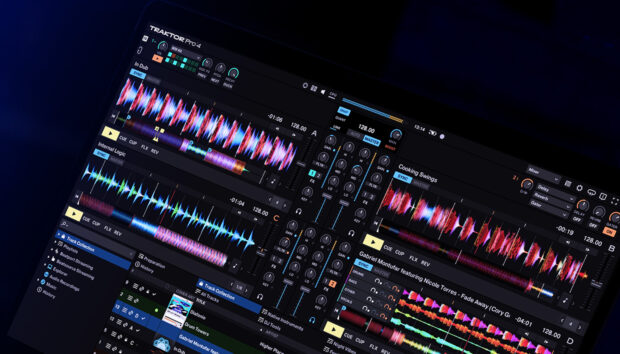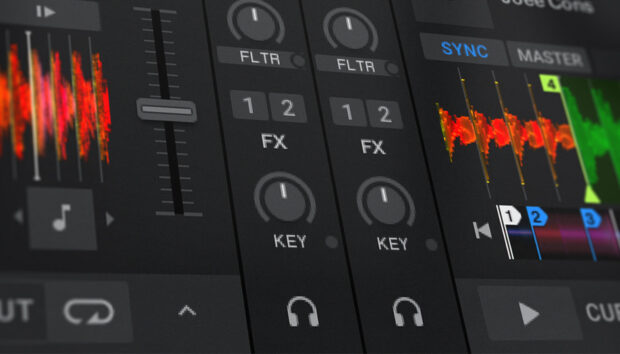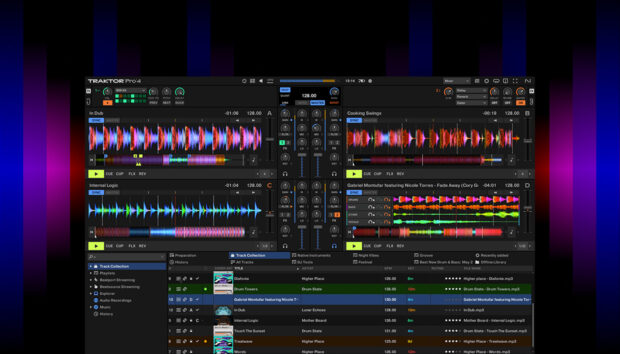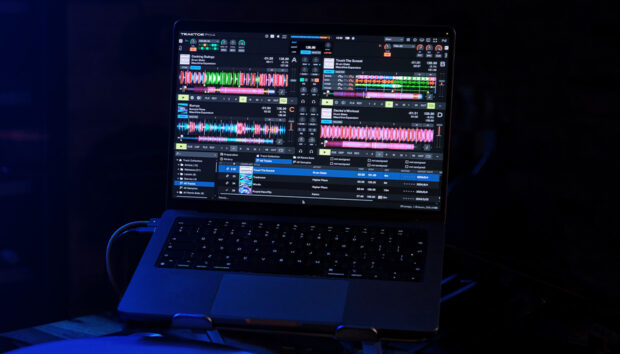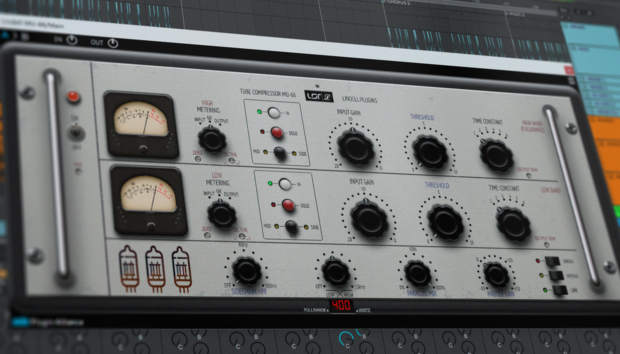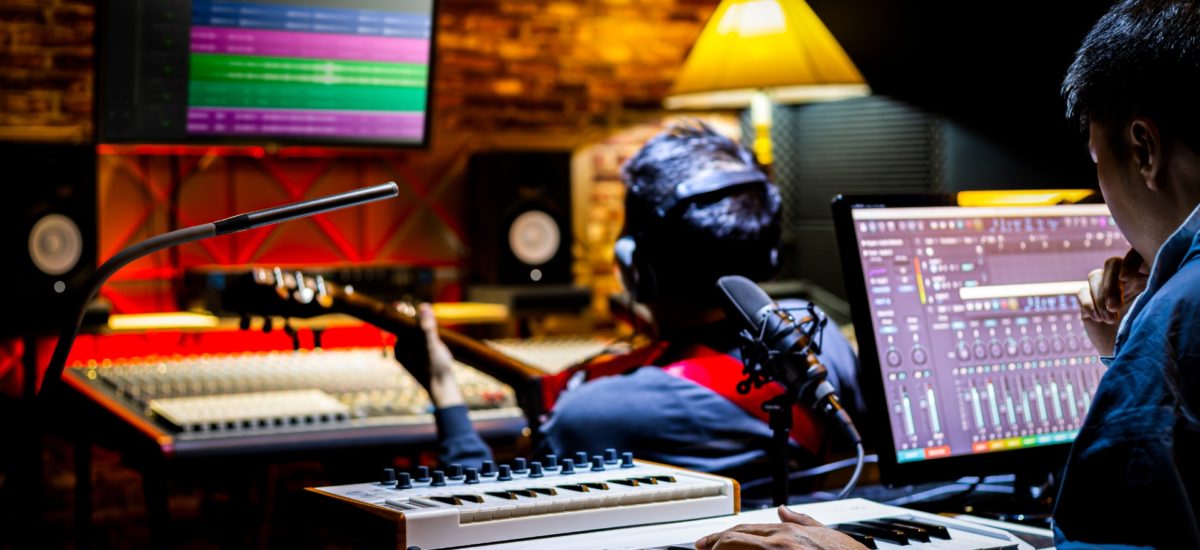
You’ve probably heard of ChatGPT by now. ChatGPT, as it defines itself, is a “Generative Pre-training Transformer, a chatbot powered by machine learning that can generate natural language text that’s similar to human writing.”
With the possibilities (and pitfalls) of such a tool currently being widely debated, we thought we’d put it to the test, just to see how it would fare. The prompt was simple: “Write a blog on how to become a successful music producer.”
Here’s what it had to say, and our take on its advice:
Starting a career in music production can be an exciting and rewarding journey. However, it can also be a competitive field, so it’s important to be prepared and to have a clear plan for success. Here are a few tips for becoming a successful music producer:
1. Build your skills and knowledge
To succeed as a music producer, you’ll need to have a strong understanding of music theory, audio engineering, and the technical side of music production. This can be achieved through formal education, such as a degree in music production or audio engineering, or through self-study and practice. You should also be familiar with different music software and hardware, as well as the various techniques and approaches to producing music.
Our take: Music theory is very important, but don’t let that be a blocker to getting started—it can come in time. Plus, The Beatles had no clue about music theory when they started—and they did OK!
2. Develop your own unique sound and style
As a music producer, you’ll want to differentiate yourself from others in the field. This can be achieved by developing your own unique sound and style. This may take time and experimentation, but it’s important to be authentic and true to your own artistic vision.
Our take: We agree, ChatGPT—but how do you get there? One way is to listen to lots of other types of music. It might seem counterintuitive, but exposing yourself to as much music as possible, and experimenting by making music in different genres, can help inspire you to create something that’s uniquely your own.
3. Network and build relationships
Networking and building relationships is crucial in any career, and the music industry is no exception. Attend industry events, join music production forums or groups, and reach out to other producers and industry professionals. Building relationships can help you gain valuable experience, find new opportunities, and get your name out there.
“What are the best ways to network and build relationships as a music producer?”
- Attend industry events. Music festivals, conferences, and trade shows are great opportunities to meet other producers and industry professionals. These events can also provide valuable insights into the industry and help you stay up to date with the latest trends and techniques.
- Join music production forums or groups. Online communities and forums can be a great way to connect with other producers and industry professionals. These groups often have discussions and share resources, and can be a valuable source of support and guidance.
- Reach out to other producers and industry professionals. Don’t be afraid to reach out to other producers or industry professionals directly, either through social media or by email. You can ask for advice, seek out opportunities to collaborate, or simply introduce yourself and start building a relationship.
- Participate in online communities and social media. Social media platforms like Twitter, Instagram, and LinkedIn can be great tools for networking and building relationships. Follow other producers and industry professionals, engage with their content, and share your own work to get your name out there.
By networking and building relationships, you can gain valuable experience, find new opportunities, and get your name out there in the music industry. Remember to be professional, respectful, and genuine, and to always be open to learning from others.
Our take: This section seems more targeted to once you know what you’re doing and how to build a name for yourself. While you’re still in the learning phase, this “networking” is as much about learning from others as anything else. Finding mentors can be really key, and this is a great way to do it.
4. Be persistent and stay focused
Music production can be a challenging field, and it’s not uncommon for producers to face rejection or setbacks. It’s important to stay focused and persistent, even when things don’t go as planned. Keep working on your craft, and don’t be afraid to take risks and try new things.
Our take: Solid advice, but a little generic, ChatGPT. We’d add that working on your music a little bit each day can really make a difference in the long-run. So can setting deadlines for yourself, if you’re working on your own music. Finish those tracks!
5. Stay up to date with industry trends
The music industry is constantly evolving, and it’s important for music producers to stay up to date with the latest trends and techniques. This can be achieved through reading industry news, attending music production conferences and workshops, and staying active on social media and online communities.
By following these tips, you can set yourself up for success as a music producer. With hard work, dedication, and a clear plan, you can turn your passion for music into a fulfilling and rewarding career.
Our take: ChatGPT is holding back on the key intel! Here are a few of our own favorite resources for staying up to date with industry trends, collaborating with others, and learning new music production techniques:
- iZotope Learn: hundreds of blogs on audio engineering, mixing, and mastering topics—all written by industry pros
- Native Instruments Community: meet like-minded producers and get tips and support from other users on the forum
- Metapop: Enter remix competitions, win prizes like music production software, and get feedback on your tracks from other producers









